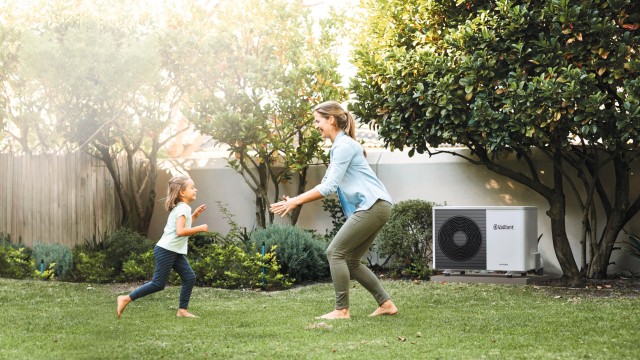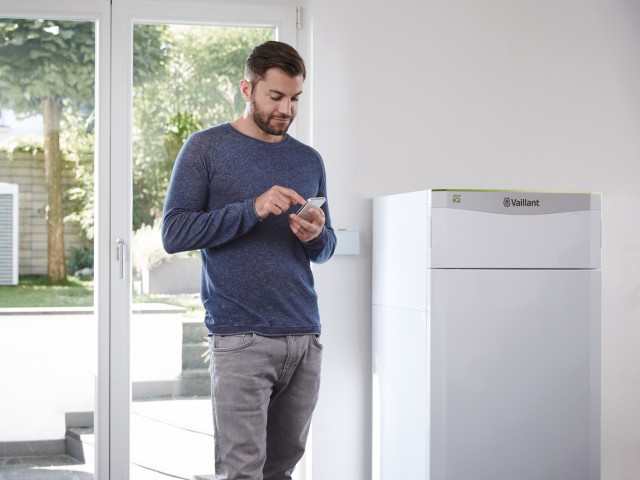Why should I consider an alternative to a gas boiler ?
Every home needs a functional central heating system capable of providing hot water and warmth to the entire property, that much is a given. Depending on the age of your property, the method at which your home is heated could be very different, though the vast majority of homes still utilise a fossil fuelled gas boiler system of some kind.
Gas boilers have been the de facto standard in central heating for many years and still represent around 75% of all central heating systems in the UK. With that said, there are many reasons you might consider changing from a gas boiler to an alternative solution. For example, if any of the following apply, you may want to think about switching it up:
- Current heating system is not performing efficiently
- Current heating system has ceased to function
- Seeking a heating system with a focus on environmentally friendly operation (and a reduction of your carbon footprint.)
- Seeking less reliance on gas price index




